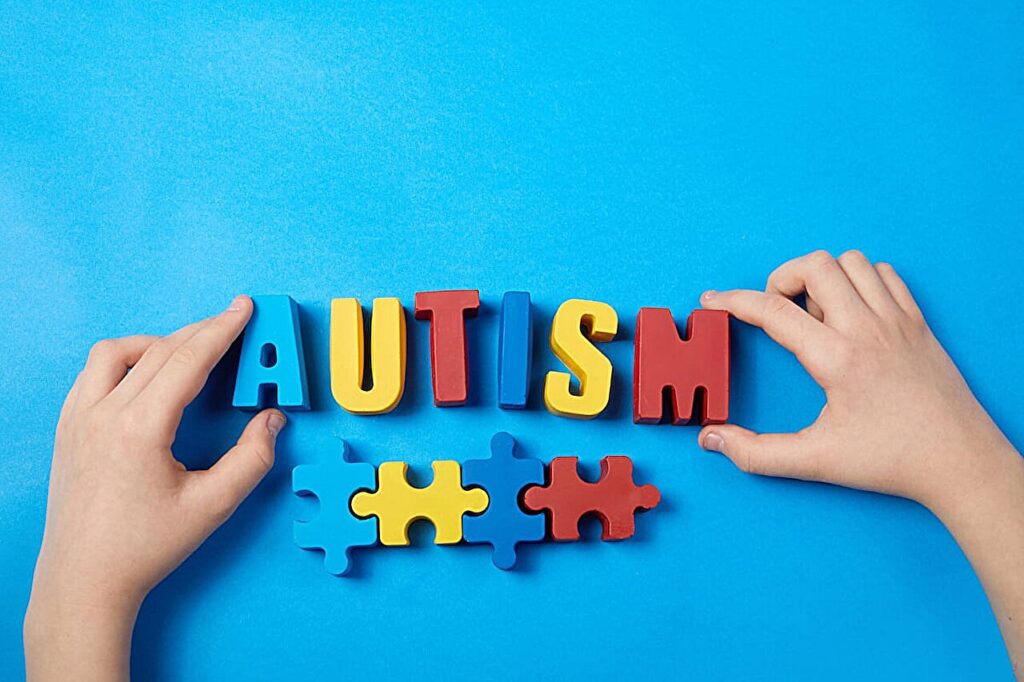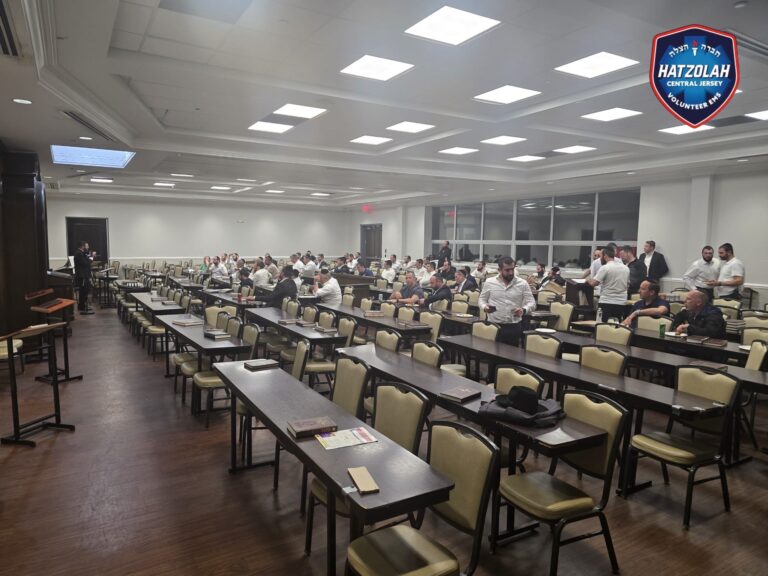Researchers at Rambam Medical Center in Haifa have made a groundbreaking discovery, identifying a mutation in the TBCB gene (Tubulin Folding Cofactor B) that is linked to autism spectrum disorder (ASD), developmental delays, and movement disorders. The mutation is found in 1 in 80 Ashkenazi Jews, significantly higher than its occurrence in the general population.
The research, conducted by Dr. Sharon Bratman-Morag and Dr. Karin Weiss, has led to the inclusion of TBCB genetic screening in Israel’s national healthcare basket, ensuring all prospective parents have access to this test.
The study began six years ago when Bratman-Morag and Weiss encountered an Ashkenazi Jewish family whose children exhibited cognitive impairment, ASD, and hereditary spastic paraparesis—a movement disorder affecting the spinal cord and nerves. Despite standard genetic testing, no explanation for their symptoms could be found.
Using advanced exome sequencing, the researchers identified that both children had inherited two faulty copies of the TBCB gene, while their parents each carried one normal and one faulty copy. The TBCB gene, responsible for maintaining cellular structure and function, had never been linked to disease before.
Further validation came through collaborations with the Technion Faculty of Medicine. Experiments using yeast and fly models, as well as gene editing via CRISPR technology, confirmed that mutations in TBCB disrupt brain cell function, leading to developmental and movement disorders.
The study revealed that the TBCB mutation is notably prevalent in Ashkenazi Jewish populations, with a carrier rate of 1 in 80, compared to 5 in 100,000 in non-Jewish populations. During the research, eight additional patients with the same mutation were identified worldwide—all of Ashkenazi descent.
With the Israeli Health Ministry’s recent decision, couples planning for pregnancy can now access genetic testing for the TBCB mutation. If both parents are carriers, there is a 25% chance their child could inherit the syndrome.
For affected children, early interventions like physiotherapy can improve motor skills and quality of life.
The findings add to a growing body of research exploring the genetic and environmental causes of autism. Previous Israeli studies have linked autism to other genetic mutations, such as SHANK3, and environmental factors like air pollution.
ASD diagnoses have risen significantly in Israel, with cases increasing from 14,914 in 2017 to 32,222 in 2021, mirroring global trends. Autism, a complex neurological disorder, affects social interaction, communication, and behavior.
(YWN World Headquarters – NYC)












7 Responses
This “mutation” is the MMR vaccine…
I wonder if Dor Yeshorim includes this test. And if yes, when did they start screening for it.
Hold on, I thought that Autism is the direct result of the poisonous and dreadful vaccines from big Pharma.
“The study revealed that the TBCB mutation is notably prevalent in Ashkenazi Jewish populations, with a carrier rate of 1 in 80, compared to 5 in 100,000 in non-Jewish populations”
Either say 5 in 400 for Ashkenazi population, or 1 in 20,000 for non-Jewish population.
Genetic mutation more likely linked to doctors on boards of all local yeshivos and shuls. 🤔
I don’t believe they test for the TBCB mutation. You can call them to advocate for testing. They add additional testing when there is a demand and sponsorship.
Believe this and you will believe anything.
Zionist pioneer Max Nordau laid the theory of Jewish racial inferiory, fully adopted by the Nazis. Check it out in wikipedia.
Don’t think for a moment today is any different.